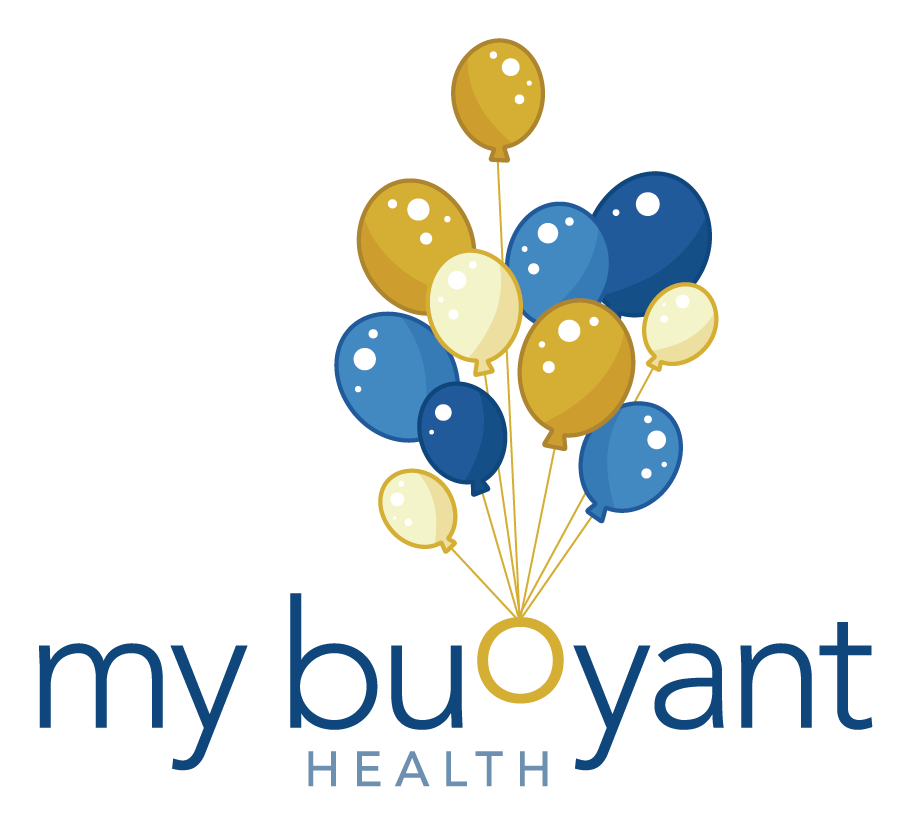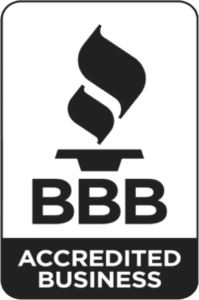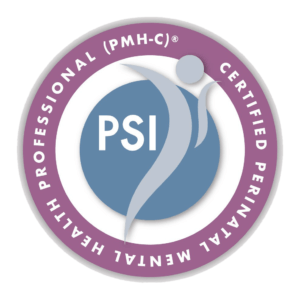
Bringing a new life into the world is an exhilarating experience, filled with joy and anticipation. However, the transition into motherhood can also be an emotional rollercoaster. For many new mothers, the arrival of a newborn may be accompanied by an unexpected companion—postpartum depression.
This complex mood disorder affects many women, often leaving them feeling overwhelmed, anxious, or disconnected. But you are not alone, and there are effective self-care strategies to ease these symptoms.
In this guide, we will explore self-care tips to help manage the symptoms of postpartum depression. We aim to empower you with practical advice on finding balance and nurturing yourself amid the demands of motherhood. You will also discover how My Buoyant Health offers support tailored for new mothers experiencing postpartum challenges.
What is Postpartum Depression?
Postpartum depression refers to a mood disorder that affects many women following childbirth. It differs from the “baby blues,” which tend to resolve within a couple of weeks. Postpartum depression is more severe and long-lasting, impacting daily functioning and the mother-baby bond.
This condition can manifest in various ways, including feelings of sadness, irritability, fatigue, and difficulty bonding with your baby. Recognizing the symptoms of postpartum depression early on can lead to timely intervention and much-needed support.
By incorporating self-care practices into your daily routine, you can help manage the symptoms of postpartum depression. Taking care of yourself allows you to be more present and engaged with your baby, fostering a stronger bond and a more positive parenting experience.
Finding Time for Rest and Sleep
A major challenge for new mothers is getting sufficient rest. Sleep deprivation can exacerbate symptoms of postpartum depression, making it crucial to find ways to rest whenever possible. Consider these tips to help you catch up on much-needed sleep:
- Nap When Your Baby Naps: This classic advice holds true. Use your baby’s nap time to rest, even if it is just for a short period.
- Share Nighttime Duties: If possible, share nighttime responsibilities with your partner or a trusted family member, allowing you to get a solid block of sleep.
- Create a Relaxing Bedtime Routine: Establish a calming bedtime routine to signal your body that it’s time to wind down. This can include gentle stretches, reading a book, or taking a warm bath.
Nourishing Your Body with Healthy Nutrition
Proper nutrition plays a vital role in maintaining overall well-being and can impact your mood and energy levels. Eating balanced meals helps stabilize blood sugar levels, reducing irritability and fatigue. Consider these self-care tips for nutrition:
- Plan Quick, Nutritious Meals: Plan simple, healthy meals that can be prepared quickly and include whole grains, lean proteins, fruits, and vegetables.
- Keep Healthy Snacks Handy: Having nutritious snacks available can prevent energy crashes and keep you fueled throughout the day.
- Stay Hydrated: Drinking enough water is essential for both physical and mental health, as dehydration has been known to contribute to fatigue and irritability.
Establishing Routines for Stability
Creating a daily routine is an effective way to provide structure and stability during this transitional period. While flexibility is key, having a rough framework for your day can reduce stress and anxiety. Here are some routine-building tips:
- Set Realistic Goals: Break your day into manageable tasks and set achievable goals.
- Include Self-Care Activities: Schedule time for activities that bring you joy and relaxation, such as taking a walk, meditating, or practicing a hobby.
- Connect with Other New Mothers: Engaging with other moms who are going through similar experiences can provide a sense of community and support.
The Role of Exercise in Mental Well-Being
Physical activity can be a powerful tool in managing stress and boosting one’s mood. Exercise releases endorphins, which are natural mood elevators, in the brain. Some simple exercises to add to your routine include:
- Postnatal Yoga: Yoga can enhance flexibility, reduce stress, and promote relaxation. Look for postnatal yoga classes designed for new mothers.
- Walking: Taking a walk with your baby in a stroller is a great way to enjoy fresh air and get some light exercise.
- Short Home Workouts: Consider short, home-based workouts that you can do while your baby naps. Many online resources offer quick routines tailored for new moms.
Mindfulness and Relaxation Techniques
Practicing mindfulness and relaxation can help reduce stress and anxiety, promoting a sense of calm and well-being. The following techniques can be integrated into your self-care routine:
- Deep Breathing Exercises: Devote a few minutes of your time each day to practicing deep breathing. This effortless technique can instantly calm both your mind and body.
- Guided Meditation: Explore guided meditation apps to help you focus on the present moment and cultivate a positive mindset.
- Journaling: Writing down your thoughts and feelings can be a therapeutic way to process emotions and gain perspective.
Building a Support Network
Establishing a support network can make a meaningful difference in your postpartum experience. Openly communicate with your partner, family, and friends about how you are feeling as a means of providing emotional support and practical assistance. You can also join local or online support groups for new mothers. Your healthcare provider can also offer guidance and resources to help you manage postpartum depression effectively.
My Buoyant Health Can Help
At My Buoyant Health in Phoenix, Arizona, we understand the challenges new mothers face and are dedicated to providing support tailored to your needs. Our team of experts offers resources and services to help you manage postpartum depression effectively. From personalized coping strategies to expert guidance, we are here to help you thrive as a new mother.
To learn more or to schedule a consultation, contact us today (602) 510-6582, or use our Request an Appointment form.
Remember, you are not alone, and with the right tools and support, you can thrive as a new mother.
Citation:
Postpartum depression: Postpartum Depression: Causes, Symptoms & Treatment (Cleveland Clinic)




